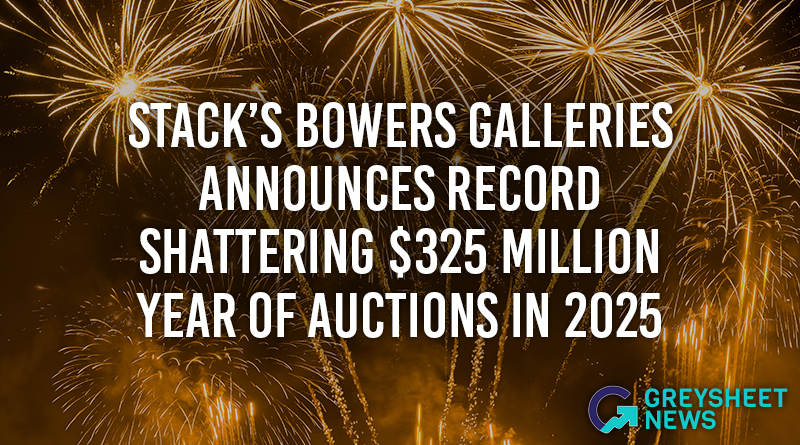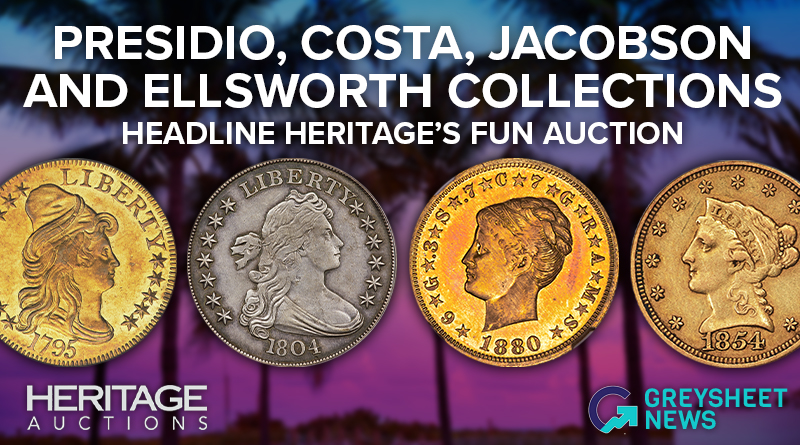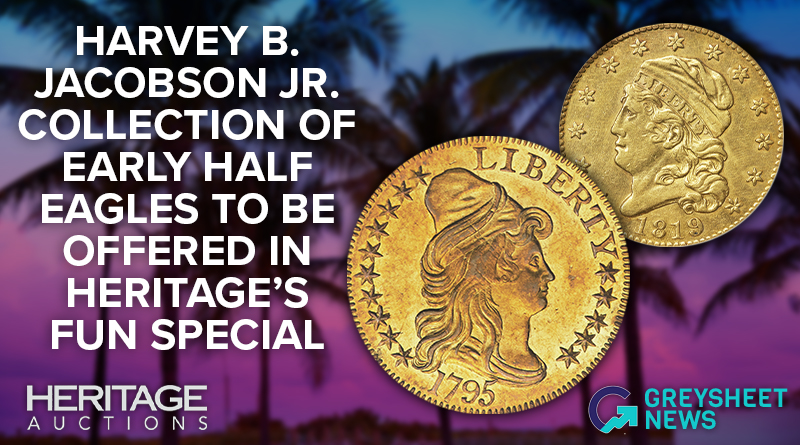Greysheet & CPG® PRICE GUIDE
- U.S. Coins /
- Colonial & Post-Colonial Issues /
-
1787-1887 New Jersey Copper Values
About This Series
Later, Goadsby and Cox asked authority to coin two-thirds of the total independently of Mould. Their petition was granted November 22, 1786. Mould was known to have produced his coins at Morristown, while Cox and Goadsby operated in Rahway. Coins with a diameter of 30 mm or more are generally considered Morristown products. Coins were also minted in Elizabethtown by Ogden and by others in New York.
The obverse shows design elements of the state seal, a horse's head with plow, and the legend NOVA CÆSAREA (New Jersey). The reverse has a United States shield and, for the first time on a coin, the legend E PLURIBUS UNUM (One Composed of Many).
More than 140 varieties exist. The majority have the horse's head facing to the right; however, three show the head facing left. Other variations have a sprig beneath the head, branches below the shield, stars, cinquefoils, and other ornaments.
Catalog Detail
Legal Disclaimer
The prices listed in our database are intended to be used as an indication only. Users are strongly encouraged to seek multiple sources of pricing before making a final determination of value. CDN Publishing is not responsible for typographical or database-related errors. Your use of this site indicates full acceptance of these terms.









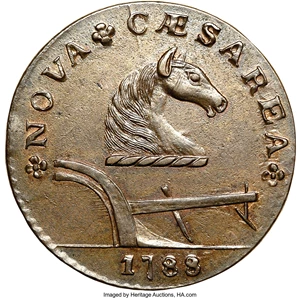





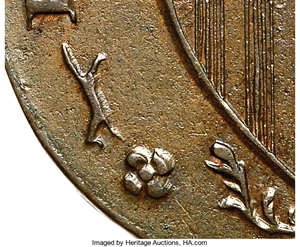




| New Jersey Copper (1786–1788) | Value Range | Favorite | |||
|---|---|---|---|---|---|
| New Jersey Copper (1786–1788) | Value Range | ||||
|
$3,750
-
$8,750
$3,750 - $8,750
|
||||
From the Greysheet Marketplace
Buy Now: $254.38
Buy Now: $346.88
Buy Now: $14,453.13
Buy Now: $277.50
Buy Now: $425.00
Auction Ends: 12/29/2025
Buy Now: $1,063.75
Buy Now: $2,585.00
Buy Now: $254.38
Auction Ends: 12/29/2025
Related Stories (powered by Greysheet News)
View all news
Greysheet Catalog Details
Later, Goadsby and Cox asked authority to coin two-thirds of the total independently of Mould. Their petition was granted November 22, 1786. Mould was known to have produced his coins at Morristown, while Cox and Goadsby operated in Rahway. Coins with a diameter of 30 mm or more are generally considered Morristown products. Coins were also minted in Elizabethtown by Ogden and by others in New York.
The obverse shows design elements of the state seal, a horse's head with plow, and the legend NOVA CÆSAREA (New Jersey). The reverse has a United States shield and, for the first time on a coin, the legend E PLURIBUS UNUM (One Composed of Many).
More than 140 varieties exist. The majority have the horse's head facing to the right; however, three show the head facing left. Other variations have a sprig beneath the head, branches below the shield, stars, cinquefoils, and other ornaments.
Catalog Detail
Legal Disclaimer
The prices listed in our database are intended to be used as an indication only. Users are strongly encouraged to seek multiple sources of pricing before making a final determination of value. CDN Publishing is not responsible for typographical or database-related errors. Your use of this site indicates full acceptance of these terms.







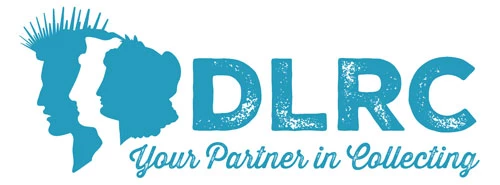


 Loading more ...
Loading more ...









